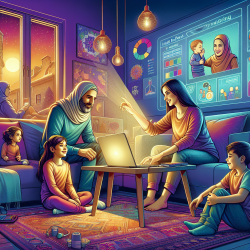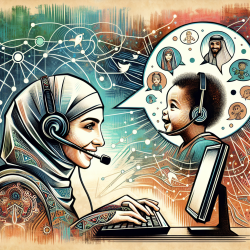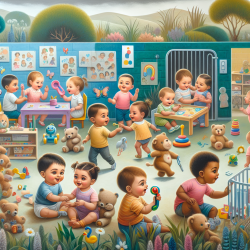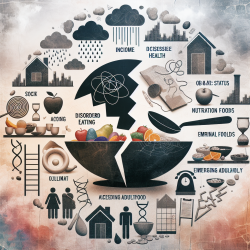Key Findings from the Research
The research, conducted by Lindström et al. (2022), provides a comprehensive overview of how arts interventions impact various social aspects. Here are some of the key findings:- Expanding Research Field: Since 2015, the field of social impact of the arts has expanded, encompassing different epistemologies and methodologies, including social sciences, humanities, arts education, and arts and health/therapy.
- Common Interventions: Theatre and drama are the most common forms of artistic interventions used to enhance skills, well-being, or knowledge among children.
- Broad Impact: The research found that arts interventions can have significant impacts on skill enhancement, cognitive development, and emotional well-being.
Implementing Research Outcomes
Practitioners can leverage these findings to improve their methods and outcomes in several ways:- Incorporate Theatre and Drama: Given the positive impact of theatre and drama on children's development, practitioners should consider integrating these forms of art into their therapeutic and educational practices.
- Focus on Cognitive and Emotional Development: Arts interventions can be particularly effective in enhancing cognitive and emotional skills. Practitioners should design programs that target these areas to maximize the benefits for their students or clients.
- Adopt a Multi-Disciplinary Approach: The research highlights the importance of combining methodologies from different fields. Practitioners should adopt a holistic approach that includes elements from social sciences, humanities, and health/therapy.
Encouraging Further Research
While the study provides a robust foundation, it also opens avenues for further research. Practitioners are encouraged to:- Explore New Interventions: Experiment with different forms of art beyond theatre and drama to discover new ways to engage and benefit students and clients.
- Conduct Longitudinal Studies: Long-term studies can provide deeper insights into the lasting impact of arts interventions, helping to refine and improve current practices.
- Collaborate Across Disciplines: Work with researchers from various fields to develop comprehensive programs that address multiple aspects of development and well-being.
Conclusion
The research on the social impact of the arts offers valuable insights that can significantly enhance the skills and effectiveness of practitioners in education and therapy. By incorporating arts interventions, focusing on cognitive and emotional development, and adopting a multi-disciplinary approach, practitioners can achieve better outcomes for their students and clients.To read the original research paper, please follow this link: Mapping research on the social impact of the arts: what characterises the field?










